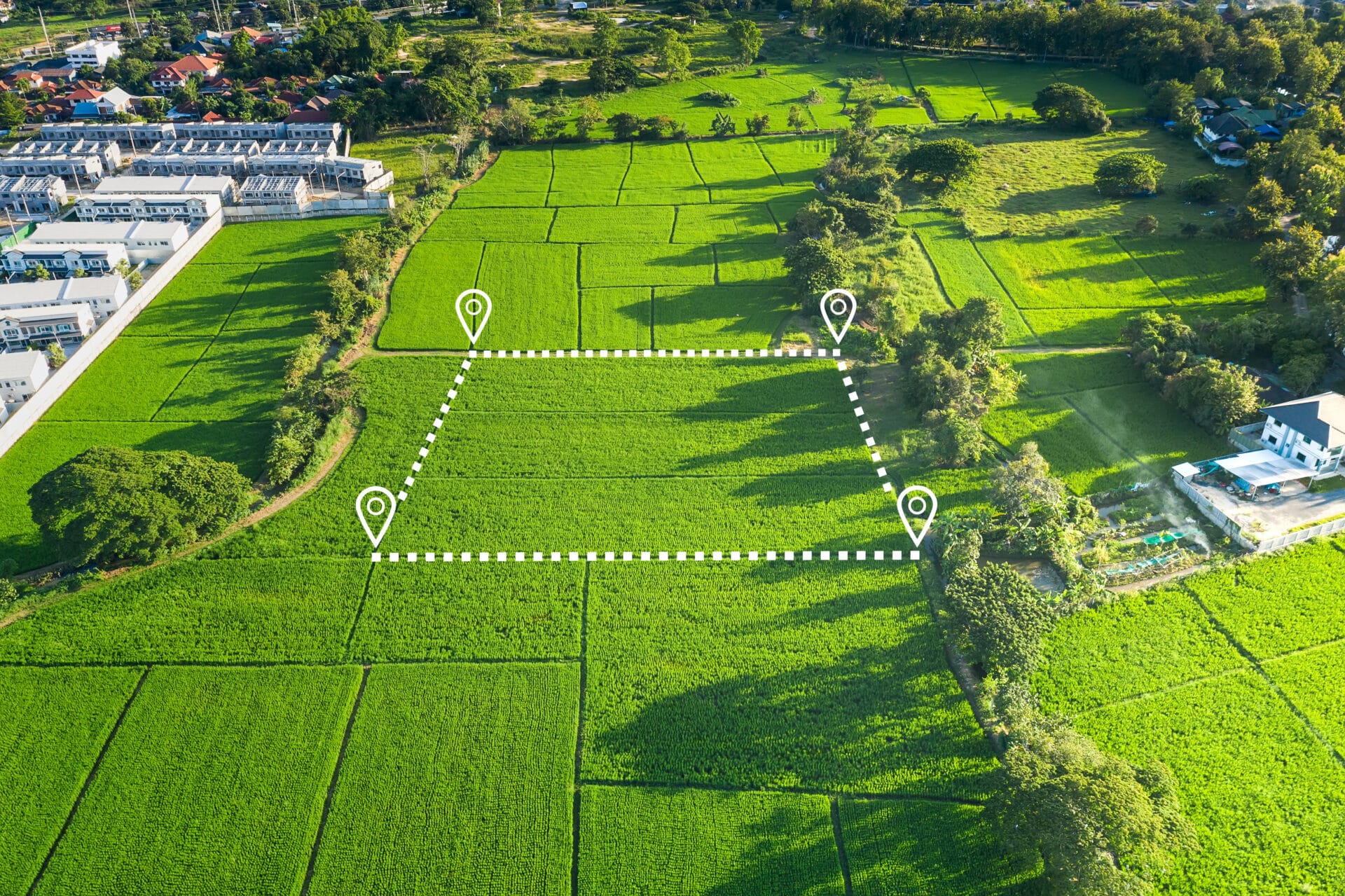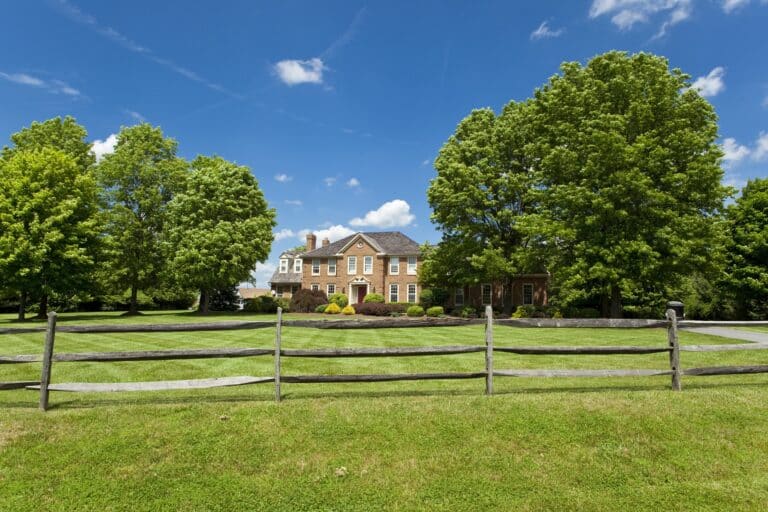You might wonder whether to buy through an auction or a traditional sale when looking for a new piece of land. Whether you want to start a farm or use it for hunting, it’s crucial to know how to find and acquire a suitable parcel.
We want to make it easy for you to decide whether a standard sale or land auction is best for your needs. Browse our guide to learn more about each method’s process, advantages, and cons.
Understanding the Basics of Land Auctions
Whether this is your first time considering a land auction or you need a refresher, you’ve come to the right place. Here’s a breakdown of how they work:
- Potential buyers view the parcel.
- Buyers place bids, usually at a minimum or “reserve” price.
- The person with the highest bid at the end of the auction period wins the property.
Land auctions can occur online or in person. Online ones usually have a longer timeframe and lower starting bids, but the ease of access means competition could be higher.
Types of Auctions
You may encounter a few different types of auctions online or in person. Familiarizing yourself with these selections is essential so you can prepare for the event. Auction types include:
- Reserve – In this method, sellers can put a “reserve” or minimum bid on the property. To win the tract, the highest bid has to meet or exceed this minimum.
- Absolute – An absolute auction is where the land is sold for whatever the highest bid is, regardless of what that is.
- Sealed bid – There’s no live or in-person event in a sealed bid auction. Instead, you’ll have a specific timeframe within which you’ll submit a bid, but you won’t see the highest one until the sale ends.
No matter which type(s) you’re interested in, ensure you do your research to know how the process works.
Traditional Land Sales
If land auctions aren’t your speed, you can always go the conventional route. Standard land sales are likely what you’re most familiar with—a seller lists their property, you’re interested, and you make an offer.
The buyer then accepts, asks to negotiate, or rejects your offer. Once your offer is accepted, you’ll close on the land.
Pros and Cons of Buying Land Through Auctions
How do you know if a land auction is right for you? Weigh the benefits and cons to see for yourself. Pros include:
- Faster transactions
- Transparency in the bidding process (for open bids) so you can see where you stand
- Level playing field amongst bidders
On the other hand, there are potential downfalls to beware of, such as:
- Time constraints because auctions are fast-paced and have specific timelines
- Limited time and room to negotiate the price compared to traditional listings
- An “as is” sale, meaning there are no contingencies or agreements about repairs or inspections
As with any real estate transaction, you have to decide how much you’re willing to risk if you think an auction could be a valuable option.
Pros and Cons of Traditional Land Sales
Standard property sales also have benefits and disadvantages depending on your preferences. Some of the potential pros include:
- More room and time to negotiate prices to help ensure you get the best deal
- Increased flexibility on contingencies and closing terms
You may also come across some negatives associated with traditional land sales, such as:
- Longer timelines because sellers need time to market the property, negotiate offers, and close
- Potential for higher prices depending on how much the seller is willing to negotiate or if other offers are high
When deciding which method is right for you, ask yourself which benefits outweigh the risks. Then, you’ll better understand your personal risk tolerance and can choose the right one for your needs.
Tips for Navigating Land Auctions and Traditional Sales
Whether buying a parcel at an auction or through a real estate agent, having a general idea about the process can improve the experience. Here are some tips to help you get started:
- Work with a land pro – Real estate professionals can help you find properties that meet your needs for the best price.
- Set a budget – Know your upper spending limit for the purchase. You’ll need to know how much you’re willing to spend on the parcel so you know when to push forward and when to walk away.
- Research listings – Use agents and platforms like Land.com to research listings and find ones that meet size, budgetary, and zoning needs.
Use Land.com resources to find land professionals, set budget limits, and research your dream property.
Buy Your Next Parcel With Land.com
Whether you’re ready to buy a plot the traditional route or want to give an auction a shot, Land.com can help. We make it easy to explore acreage all over the country—from the Northeast to the Southwest and everywhere in between.
Browse property listings and use filters to find ones in your target area. You can also search parcels available at upcoming auctions and contact a land pro for more information!
Sources:
National Auction Association. A Buyer’s Guide To Real Estate Auctions. https://www.auctioneers.org/blog_home.asp?display=60
Virginia Auctioneers Association. Auction Terms Glossary. https://www.vaa.org/consumers/auction-terms-glossary

